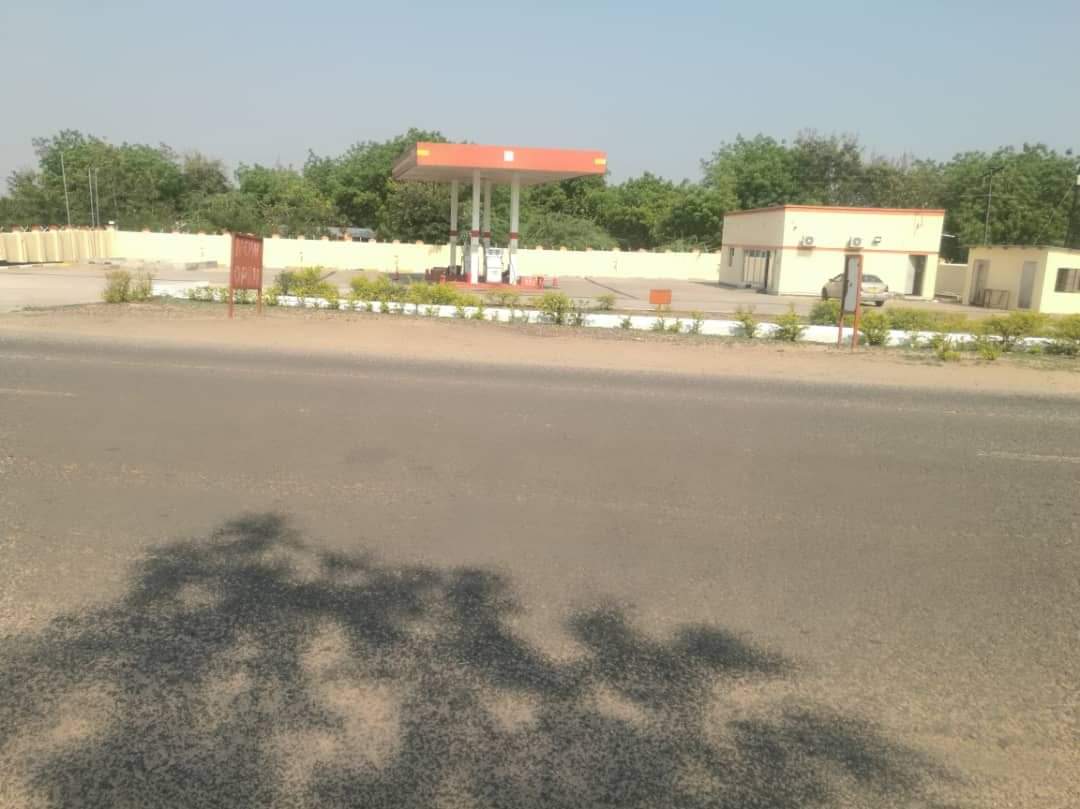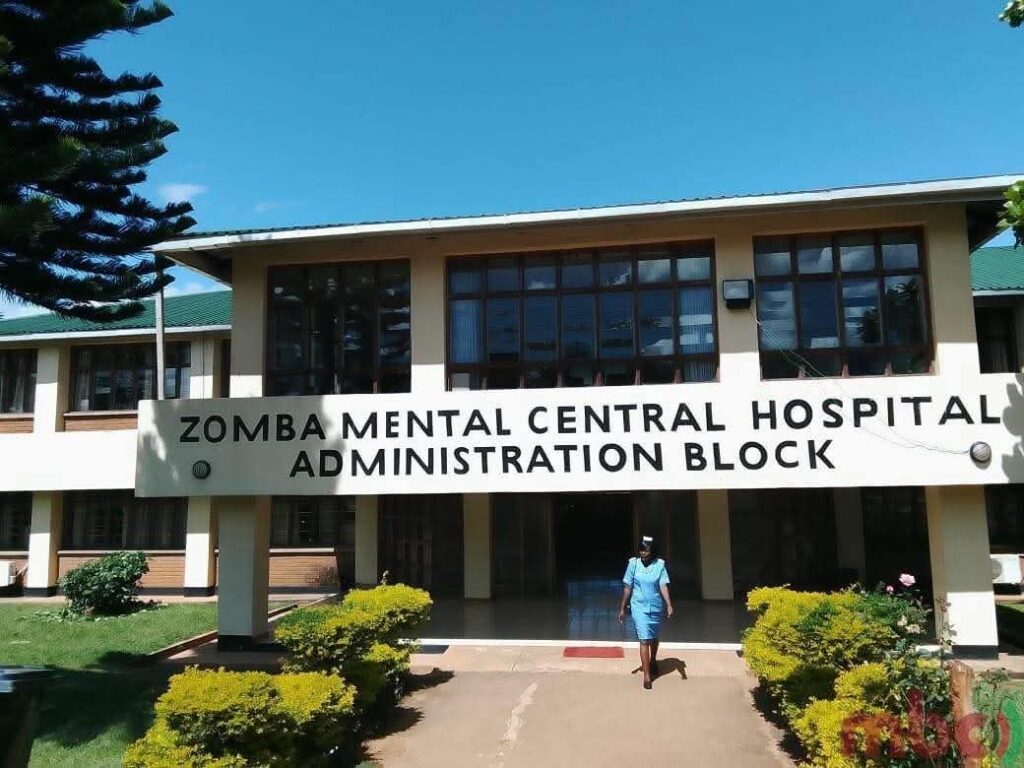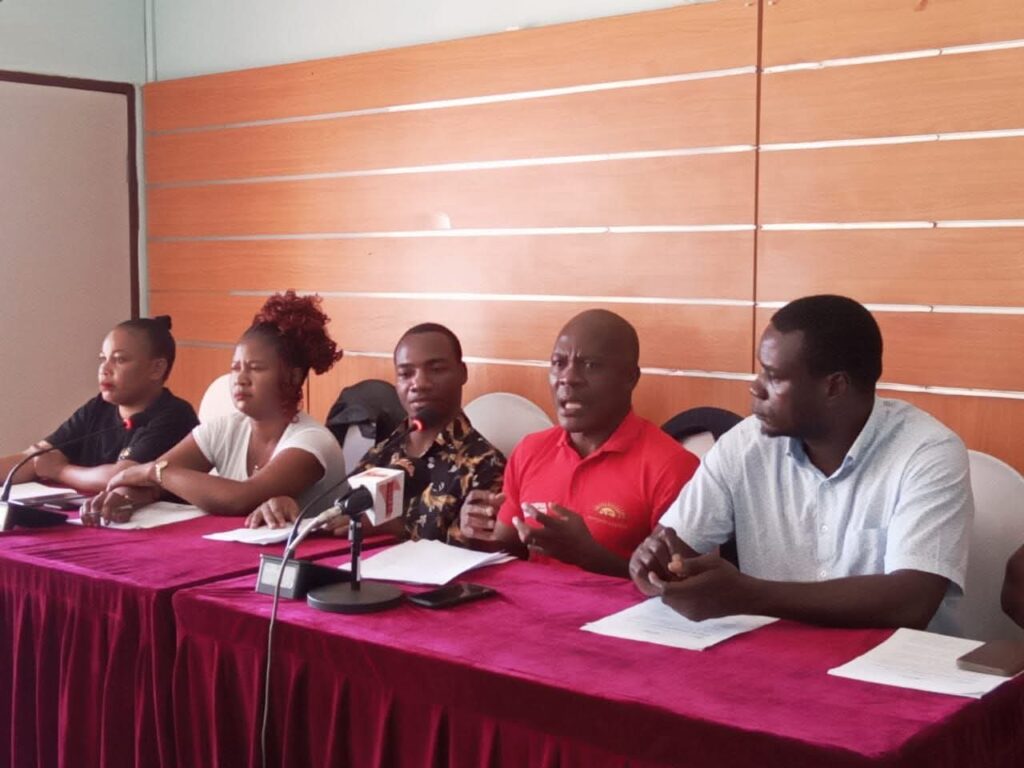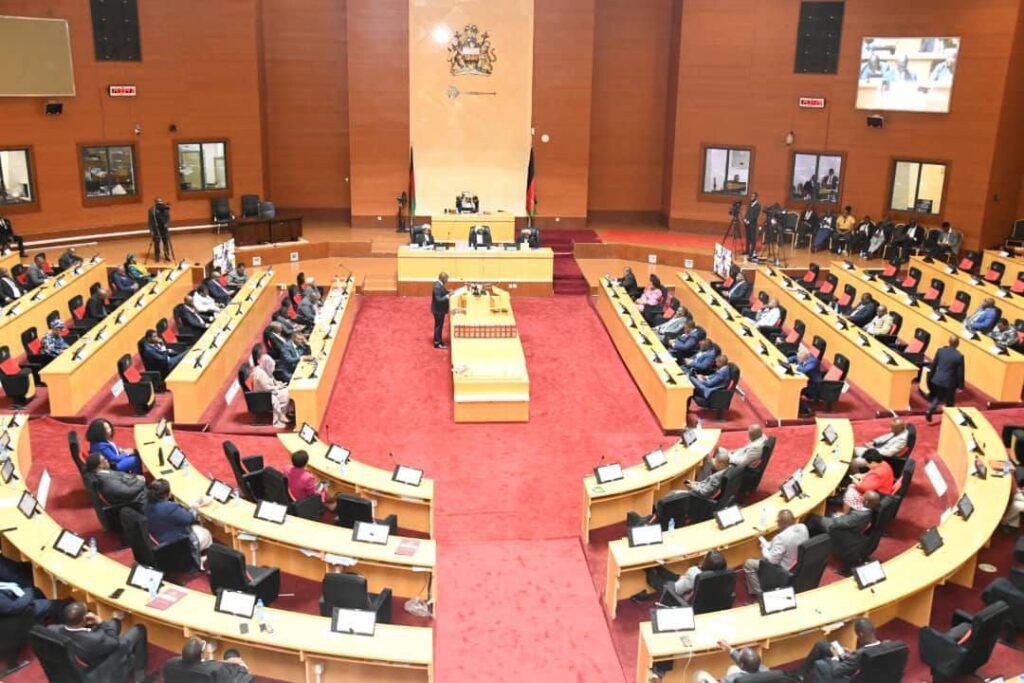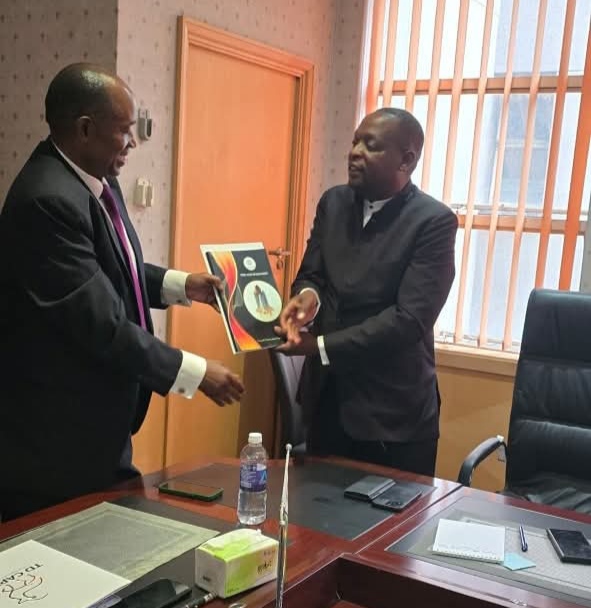By Burnett Munthali
The ongoing fuel crisis has severely impacted the district of Nsanje, where petrol shortages have left many struggling to keep their vehicles running. Capital FM has found that major fueling stations in Bangula, Tengani, and the Nsanje Boma currently only have diesel in stock, with no petrol available for motorists.
- PIL donates K150 million ICT lab and library to Katole CDSSBy Suleman Chitera Petroleum Importers Limited (PIL), a consortium of four oil marketing companies namely Puma, Total, Petroda, and Vivo…
- Nurse Jailed Three Years for Assaulting Patient at Zomba Mental HospitalBy Staff Reporter The Senior Resident Magistrate’s Court in Zomba has sentenced a nurse to three years’ imprisonment for assaulting…
- Judiciary Under Siege: CDEDI Demands Immediate Resignation of Chief Justice and Attorney General Over Corruption ClaimsBy Suleman Chitera The Centre for Democracy and Economic Development Initiative (CDEDI) has issued a stern seven-day ultimatum demanding the…
- MCP member welcomes wholeheartedly Chilima’s new investigationBy Vincent Gunde Social influencer who is also Malawi Congress Party (MCP) member Gerald Chavez Kampanikiza of Dedza, says Malawians…
- Parliamentary Absenteeism Reaches Crisis Point: 159 MPs Skip SittingBy Burnett Munthali A staggering 159 members of parliament were absent from the latest parliamentary sitting, sparking widespread concerns about…
The shortage has caused widespread disruption in the district, with business and transportation activities coming to a near standstill. Chief Chimombo has called on authorities from the relevant departments to intervene urgently, stating that the fuel crisis is crippling essential services and disrupting daily life in Nsanje.
“Our people cannot function without fuel,” the chief said, appealing to the government to prioritize a solution. “This shortage is affecting businesses, schools, and health services in our district, and something must be done quickly.”
Reports from the ground suggest that some unscrupulous fuel vendors are exploiting the situation, selling petrol on the black market at highly inflated prices. According to sources, a litre of petrol is being sold for as much as K5,000 to K6,000, compared to the official price of around K2,000.
Despite the escalating crisis, officials from Malawi’s energy regulatory body are yet to comment on the issue, leaving residents in Nsanje uncertain about when the situation will improve.
As the fuel shortage continues to worsen, there is growing pressure on the government and fuel suppliers to address the problem and restore normal supply to the district before it causes further harm to businesses and livelihoods.

